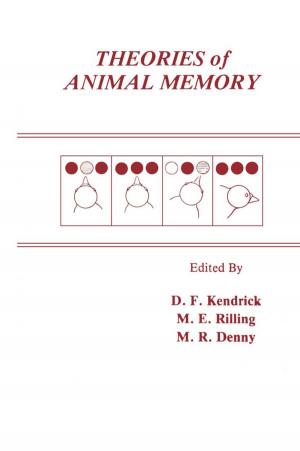Psychosis Under Discussion
How We Talk About Madness
Nonfiction, Health & Well Being, Psychology, Clinical Psychology, Mental Health| Author: | Michael Farrell | ISBN: | 9781351975544 |
| Publisher: | Taylor and Francis | Publication: | November 10, 2017 |
| Imprint: | Routledge | Language: | English |
| Author: | Michael Farrell |
| ISBN: | 9781351975544 |
| Publisher: | Taylor and Francis |
| Publication: | November 10, 2017 |
| Imprint: | Routledge |
| Language: | English |
Psychosis Under Discussion: How We Talk About Madness examines the ways in which psychosis is discussed by considering the relationship between language and the perception of mental disorder. A wide range of perspectives is discussed – including historical terms, personal accounts, psychiatric terminology, psychoanalysis and later theoretical analyses, advocacy, anti-psychiatry, slang and humour, and media coverage – and each way of discussing psychosis is revealing. For example, psychiatric terminology and related research, in its efforts to understand and clarify can seem distancing, dispassionate, and too sure of its ground, whereas the language of advocacy, while being supportive and sensitive, can also seem euphemistic and evasive.
In the discourse of mental disorder, both the content of views and the manner in which they are expressed are influential, making it important to take into account both. Psychosis Under Discussion puts these and other important issues under the microscope. International in range, the book’s analysis draws on psychiatry, psychology, philosophy, linguistics and history. Written in Michael Farrell’s well-known clear and direct style, the book is essential reading for all those interested in understanding mental disorder and the role of language.
Psychosis Under Discussion: How We Talk About Madness examines the ways in which psychosis is discussed by considering the relationship between language and the perception of mental disorder. A wide range of perspectives is discussed – including historical terms, personal accounts, psychiatric terminology, psychoanalysis and later theoretical analyses, advocacy, anti-psychiatry, slang and humour, and media coverage – and each way of discussing psychosis is revealing. For example, psychiatric terminology and related research, in its efforts to understand and clarify can seem distancing, dispassionate, and too sure of its ground, whereas the language of advocacy, while being supportive and sensitive, can also seem euphemistic and evasive.
In the discourse of mental disorder, both the content of views and the manner in which they are expressed are influential, making it important to take into account both. Psychosis Under Discussion puts these and other important issues under the microscope. International in range, the book’s analysis draws on psychiatry, psychology, philosophy, linguistics and history. Written in Michael Farrell’s well-known clear and direct style, the book is essential reading for all those interested in understanding mental disorder and the role of language.















